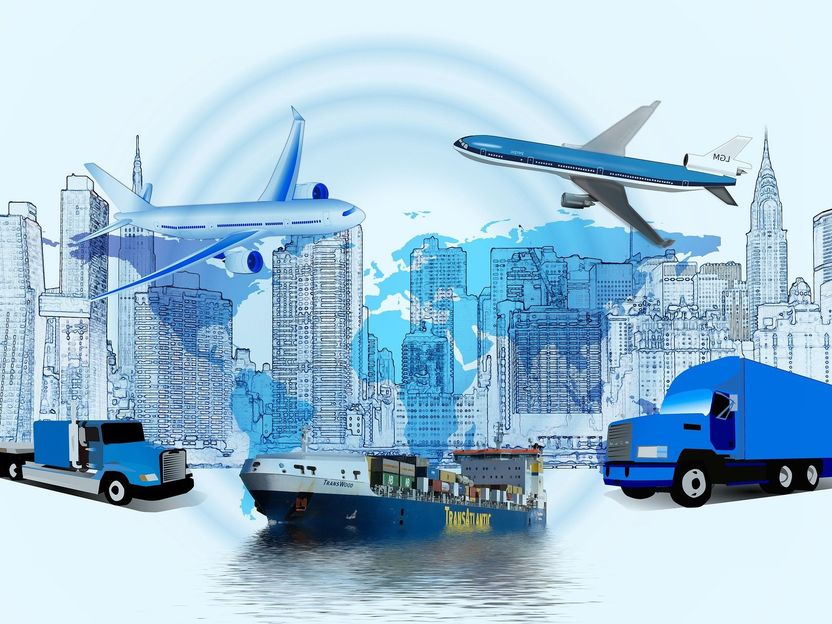The New “Glocalization” of German Chemical Companies
The post-corona supply chain will focus on the balance between cost optimization, on the one hand, and safety and ecology on the other
Advertisement
Despite the corona pandemic and trade conflicts, global supply chains are by no means an obsolete model for German chemical companies. However, global supply chains need structural adjustments if they are to become more resilient to failure and, at the same time, more sustainable. Protectionism and trade wars are seen as the greatest challenge to supply chains, even ahead of pandemics and natural disasters. German chemical company executives appreciate the national political environment during the corona crisis, and are much more satisfied with Germany as a business site than they were six months ago.

Symbolic image
geralt, pixabay.com, CC0
These are the results of the 34th CHEMonitor trend survey conducted by CAMELOT Management Consultants and the trade journal CHEManager, for which top managers in the German chemical industry were interviewed between February and May 2020.
“The supply chains of German chemical companies will remain global in the future, but they will be reorganized: The post-corona supply chain will focus on the balance between cost optimization, on the one hand, and safety and ecology on the other,” explains Dr. Josef Packowski, Managing Partner at CAMELOT. “Globalization in the sense of simple cost optimization will give way to “glocalization” in the form of localized production in global supply chain networks, with locally adjusted production and distribution strategies according to the respective economic-political requirements.”
Managers see the greatest challenges for global supply chains in the increasing protectionism of individual states and in trade wars (68%). Pandemics and natural disasters are only in second place with 63% of the mentions. When asked about the effects of these challenges on their own company, 77% of the managers stated that their company was already feeling them, and a further 17% expected this to happen in the coming years.
In addition to trade conflicts and the corona pandemic, the new Circular Economy Action Plan of the European Union is a further driver in relation to the transformation of existing supply chains. 68% of the chemical managers surveyed agree in whole or in part with the statement that “the European chemical industry’s dependence on raw materials will be significantly reduced by circular supply chains”.
Confidence during the crisis
The chemical managers who were surveyed appear to appreciate the crisis management in Germany. Three quarters of them rated Germany as a “good” or “very good” business location, 20 percentage points more than six months ago. The assessment of the site factor “political and legal environment” developed particularly positively (+12 percentage points).
“The manageres in the German chemical industry are expecting a sharp drop in sales and earnings after the lockdown, as expected. However, the comparatively small expected decrease in employment figures and a significant increase in the use of innovative digital technologies reflect the positive attitude when it comes to overcoming this crisis and emerging from it stronger,” says Jörg Schmid, head of the CHEMonitor study at CAMELOT.























































